Welcome to Giddy's series for Prostate Cancer Awareness Month. Each week, we will tackle a different aspect of prostate cancer and shed light on common misconceptions. This week, let's take a look at prevention.

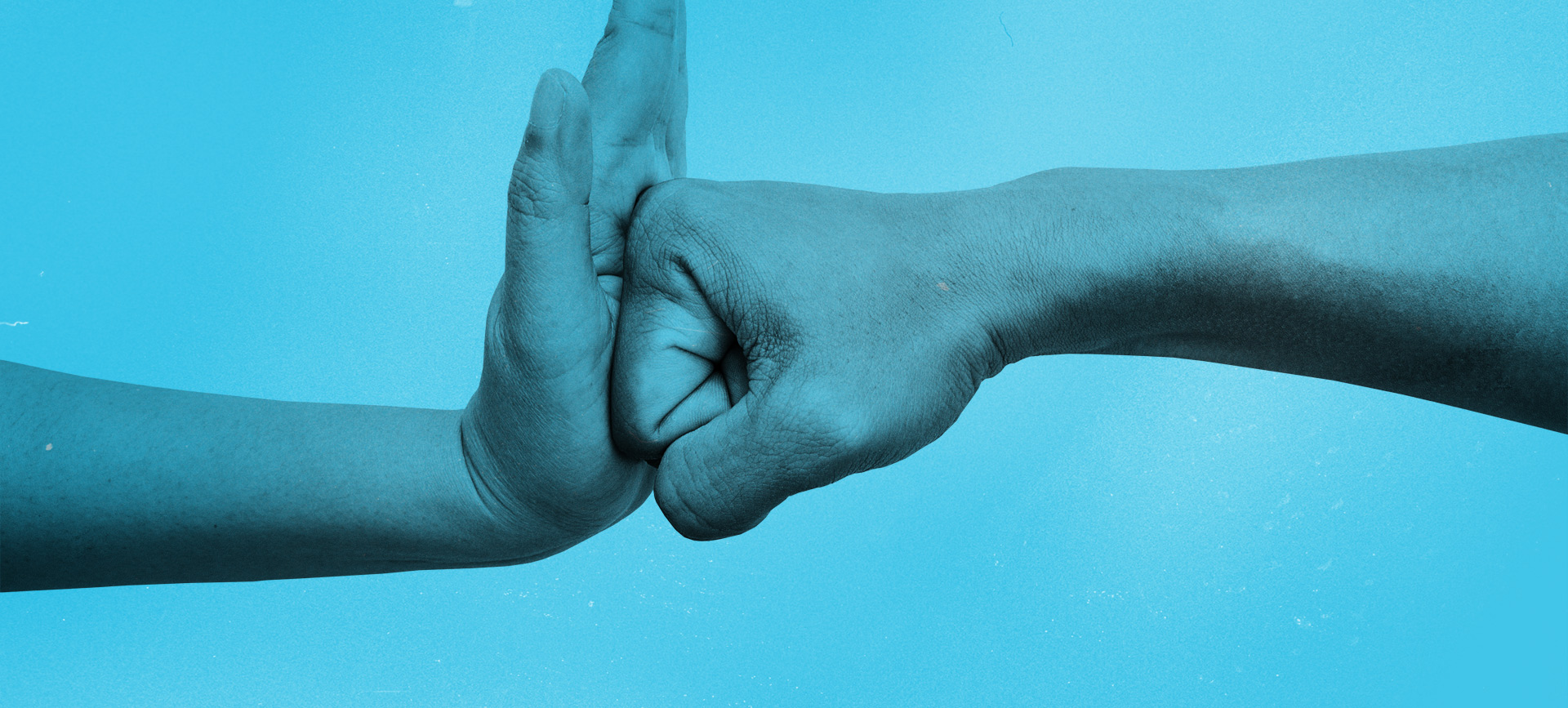
Prostate Cancer Awareness Month: Prevention
Okay, we've said it before and likely will again: If you have a prostate, you're at risk for prostate cancer. About 1 in 8 men will receive a prostate cancer diagnosis at some point. That's roughly 13 percent of the prostate-having population. Given those figures, how do you give yourself the best chance at prevention? We have some answers.
Take our quiz—relax, we won't ask how you fared—and find out how you can make lifestyle choices that reduce your chances of being among the 1 in 8. We provide links to applicable content elsewhere on the Giddy site, as well as to relevant studies and cancer organizations.
Our goal isn't to stump you with difficult questions—no, it's to inform and enlighten you as part of the mission of Prostate Cancer Awareness Month during September. Expand your prostate cancer knowledge by taking the Risk Factors quiz and come back next week for a new quiz: Symptoms.


False. There is no foolproof scientific way to prevent prostate cancer, according to the Mayo Clinic and every other reputable source for health information. Past studies have butted heads with one another, and as a result, there is no definitive prevention method. However, you can develop habits and make lifestyle choices to help reduce your risk level.
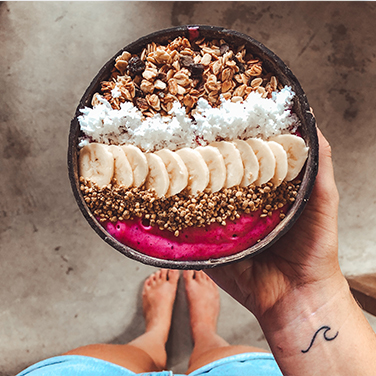
True. Though there's no step-by-step plan to prevent prostate cancer, lifestyle choices can help mitigate risk. One way is to eat healthy foods and eliminate excess fat from your diet. Reducing the amount of fat intake has proven benefits, such as helping to control your weight and aiding your heart, which can keep you and your prostate healthier overall. As we covered last week, obesity is a factor in determining overall risk, so a step toward prevention is to maintain a healthy weight.
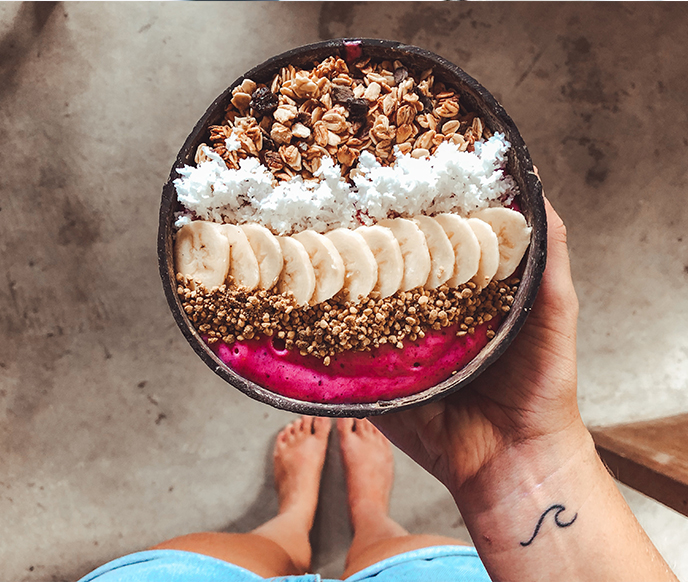


False. Similar to adopting healthier dietary habits, frequent exercise helps maintain a healthy body weight and provides other benefits, including reducing the risk of other cancers and heart disease. Though the word "exercise" may frighten some of the uninitiated, most people need only about 150 minutes per week to get started. The more active your lifestyle, the better the chance you have at combating prostate cancer, but stay within your physical means and slowly work your way up to more strenuous activities.
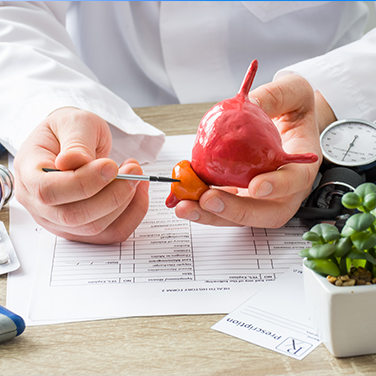
True—maybe. Though there isn't much science to support prostate massage—a procedure that releases fluids from the prostate ducts—as a way to prevent prostate cancer, it does reduce prostate inflammation, which may decrease the risk of cancer in some patients with chronic prostatitis. As for ejaculation, one long-term study shows that high ejaculation frequency may be associated with a decreased risk of prostate cancer. While neither action is a lock for prostate cancer prevention, both are worth bringing up with a doctor if you're looking for ways to decrease your risk.
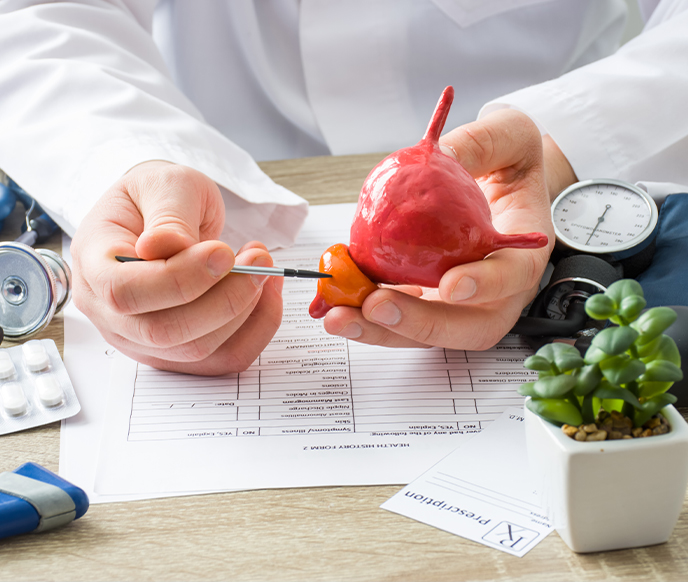


False. A 2011 study in the Journal of the National Cancer Institute suggested men who consumed six or more(!) cups of coffee per day had about a 20 percent lower chance of developing prostate cancer, and men who consumed one to three cups per day had a 30 percent lower chance of developing lethal prostate cancer. If six cups of Joe per day seems like a lot, that's because it is, and since the study was correlative, we don't recommend you pursue this habit. However, coffee consumption seems to offer a boost in prevention and is a seamless addition to your diet.

True. Regular meetings with your doctor are essential for maintaining prostate health. As soon as you hit the age of 50, you should schedule time with your doctor to discuss prostate cancer screenings. If the doctor determines you are at risk, you'll undergo both a digital rectal exam (DRE) and a prostate-specific antigen (PSA) blood test. Doctors can help you investigate potential problems and navigate solutions, so they're your best resource for prevention. The best step toward preventing prostate cancer is to take your health into your own hands, and keep your doctor informed and involved in your efforts.










